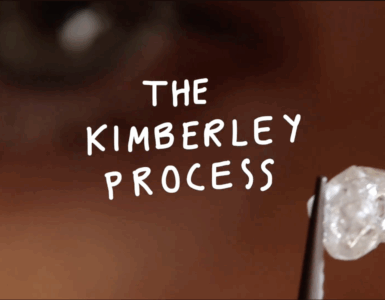This week, Kimberley Process (KP) participants and observers gathered in Dubai for the KP Plenary, which was meant to conclude a three-year review and reform cycle of the scheme. It is a massive disappointment for civil society that, once again, KP participants failed to agree on urgently needed reforms. We sound like a broken record. We really wish it were otherwise.
There was no consensus to expand the KP’s 22-year-old conflict diamond definition to include broader forms of violence and human rights abuses beyond rebel insurgencies.
As some have tried from the outset to frame this discussion in a way that would allow them to blame others for the outcome, we feel it is our duty, as watchdogs of this process, to set the record straight. There was not one single group blocking progress. Vetoes came from all sides, leading to a fundamental impasse.
Civil society continues to call for transparency and honesty. This week often felt like the world turned upside down. Suddenly, everyone claimed to speak for and defend communities – including, and especially, those who have consistently resisted any form of state accountability for conflict and violence. A large number of participants effectively argued for special treatment: violence is only a problem if it is not caused by state actors – not when it comes from governments waging war, or from police or the army using excessive force against communities. Try explaining that to the communities who bear the brunt. It is beyond cynical to use their suffering to defend positions driven by self-interest.
While debates about the definition are important, they are nowhere near enough to repair a broken KP. That would require a serious rethink of how the KP is implemented and how decisions are taken.
Firstly, how does the KP determine when diamonds are conflict diamonds? In the current system and political context, any such decision would simply be vetoed.
Secondly, what happens if the KP does identify conflict diamonds? The case of the Central African Republic has shown that embargoes, without strong accompanying measures, are counterproductive. They fuel smuggling and violence instead of stopping them.
Finally, how does the KP deal with the many other challenges it already recognized in the 2021 Declaration on Responsible Diamond Sourcing? So far, this recognition has not translated into any change in how the KP operates.
The result is a KP that remains detached from reality at a time when challenges are overwhelming and the scheme refuses to take responsibility. Its scope remains a needle in a haystack. Communities affected by diamond mining are left wondering how this scheme can possibly be relevant to the many problems they face.
Read the closing remarks delivered by the KP Civil Society Coalition on November 21 in Dubai

For more information: info@kpcivilsociety.org




